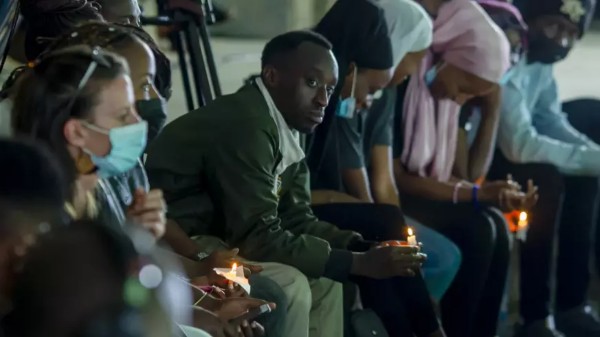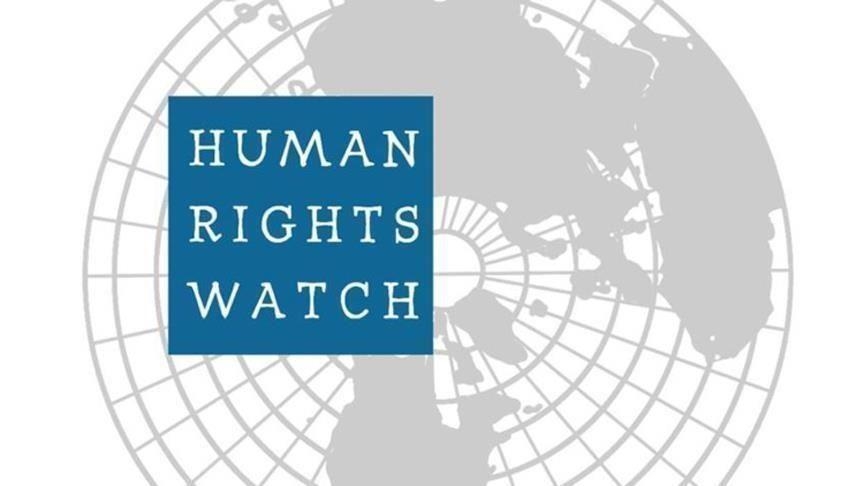Opinion
Malaria knows no borders, everyone in the region is at risk

Mother and child sleeping under a mosquito net, to prevent Malaria. Ending malaria requires regional governments to enhance the capacity of institutions to comprehensively deal with the disease
It
is estimated that each year, mosquitoes are responsible for nearly one million
deaths globally, with malaria — the major culprit — causing over 600,000 deaths
in 2020.
For
a country to successfully eliminate malaria — and then prevent reintroduction of
the disease — cases coming from neighbouring countries must be detected,
tracked, and treated immediately to prevent ongoing local transmission of the
parasites. That is a difficult task in Eastern Africa, where malaria is endemic
and national borders are open due to our regional economic community; the East
African Community.
Infections
are even harder to track and treat in regions where many people are considered
mobile or migrant and live in rural, hard-to-reach areas. Malaria knows no
borders, increased regional collaboration is the pathway towards malaria
elimination.
Kenya
and Uganda are the second East African countries to launch cross-border malaria
control and prevention initiatives, under the auspices of the Great Lakes
Malaria Initiative.
Drawing
from the Covid-19 lessons, to eradicate the world’s oldest and deadliest
disease will require much more than a single actor or country but a combined
effort spanning through international, regional, cross-border and
country-specific efforts. Developing, implementing, and sustaining gains from
regional and cross-border collaboration have been seen to succeed with
anchorage around a common political and economic body/force that also acts as a
possible avenue for effective resource mobilisation.
Lilies
Njanga, the Malaria No More UK Africa director, rightly observes, ‘‘the
concurrence of both the governments is crucial in order to synchronise the
vector control and patient management activities, including distribution of bed
nets and others activities. Ending malaria requires regional governments to
enhance the capacity of institutions to comprehensively deal with the disease
as well as integrate economic and social interests.’’
A
large portion of the malaria burden is driven by difficult-to-reach communities
and migrant populations living in border areas. Cross-border malaria is a
recurrent issue due to free movement, weak health delivery systems, and lack of
coordination along the border districts in malaria elimination countries.
Support
to sustainable coordinated regional cross-border initiatives is needed to speed
up reductions of malaria cases and deaths and accelerate malaria elimination in
the countries and sub-regions. Focusing on cross-border malaria elimination is
a pre-requisite and priority not only to achieve the 2030 malaria elimination
target but also for sustaining it beyond 2030 in the East-Africa region.
History
proves that continued commitment and investment in malaria elimination pays
dividends. Since 2000, global progress has saved seven million lives and
prevented more than one billion cases of malaria, enabling millions of children
to stay in school, parents to work, and economies to grow.
2022
is a crucial year of action in the fight against malaria. In October, the
Global Fund to Fight Aids, Tuberculosis and Malaria calls on all countries to
pledge in funding for these diseases.
Accounting
for about 60 percent of funding for anti-malaria programmes worldwide, the
importance of reaching this target cannot be overestimated.
Source:
www.theeastafrican.co.ke






